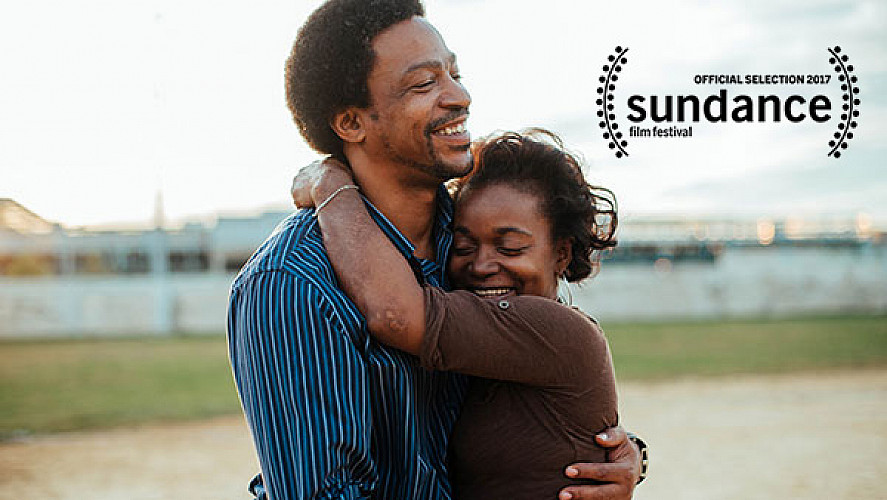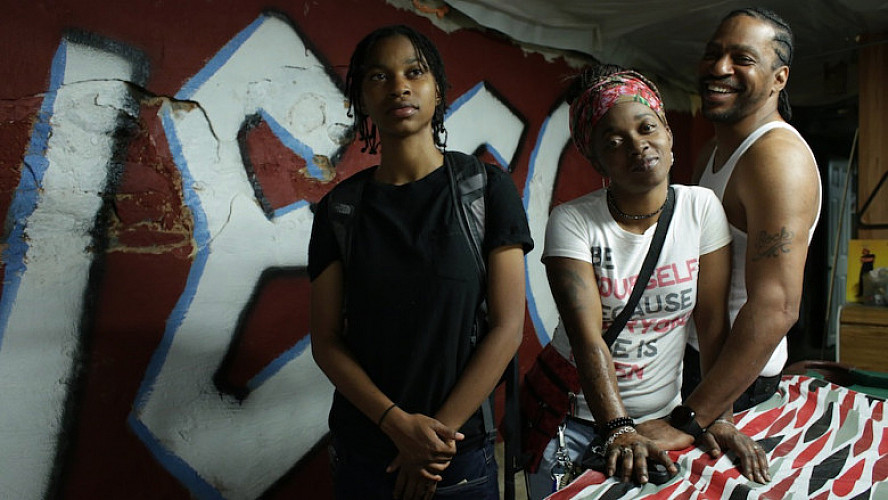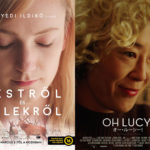A Review Of What We Watched On Day 2 Of MAMI Mumbai Film Festival
Large Short Films (world premiere)
Juice by Neeraj Ghaywan
Chhuri by Mansi Nirmal Jain
Death of A Father by Chaitanya Tamhane
Anukul by Sujoy Ghosh
Four shorts were screened as part of this section. Each was made by a distinguished Indian director. It commenced with Juice by Neeraj Ghaywan. Here, the women cooked in the kitchen and brought in delicacies for their husbands to enjoy, at a small gathering at the Singh residence.The conversation the men were having juxtaposed the actions of their wives. Every time they spoke of women being weak, soft or incapable of handling the outside world, their wives would be dealing with a problem in the kitchen that overrode all such assumptions. Can a woman not travel in the heat and humidity for work when she is otherwise experiencing the same while cooking in a kitchen that almost becomes a furnace in the heat? Shefali Shah played the hostess Manju, brilliantly portraying the frustration and silent rebellion that builds up inside a housewife. She makes each performance of hers look effortless and is always earnest. Although the film was straightforward, one-tone and the message was almost shoved down one’s throat, it struck a chord.
Next, comes Chhuri by Mansi Nirmal Jain, starring Tisca Chopra and Anurag Kashyap. It dealt with the issue of infidelity in a light and playful manner. A conversation between wife and mistress keeps getting more and more bizarre as both discuss when each one gets to spend time with him. Both have busy schedules and refuse to adjust. The man is privy to this conversation as he is hiding inside the closet. I can’t fathom why the wife would want to negotiate with the mistress even if to establish swag, rather than speak to her husband. If they had opened with this film, I’d have found it more palatable.
Chaitanya Tamhane’s animated offering Death of a Father came next. It dealt with the various phases a son goes through after the incident happens. There’s no time to grieve really. One responsibility after another is forced on you, and you have no choice but to comply. This is one of those rare movies that shows an electric cremation, and I now know that it looks quick and impersonal. It almost seemed like one hadn’t done justice to the dead. The animation is gorgeous. The colours used are beautiful. Seldom does one see Indian scenes and quirks in this form — chipped cement, colourful shroud, flickering streetlight, a battered clock all took on a life of their own and one couldn’t help but marvel at all the painstaking detail. Trust Tamhane to create another gem.
Last came Sujoy Ghosh’s Anukul, which was adapted from a Satyajit Ray story, and it left me with a question. Does everything a genius produce lend itself to applause? The audience certainly thought so. A film about the relationship between master and servant transforms into one of teacher and student. Here the student played by Parambrata Chatterjee is a robot and seems to absorb whatever is taught to him at a rapid pace. Saurabh Shukla plays his master. It all seemed too contrived, and way too much exposition happened through dialogue. The lines seemed forced and unreal coming from the actors. The idea of artificial intelligence taking over may seem like a problem that resonates in today’s times, but the execution feels dated. A battle between robot against human and head versus heart, it seemed forced, false and was certainly not entertaining.
To sum it up in six words, you can give it a miss.
Quest
Language: English
Country: USA
Duration: 105 minutes
Director: Jonathan Olshefski
Featuring: Christopher Rainey, Christine’a Rainey
Jonathan Olshefski takes his camera into the Rainey household to document the lives of Christopher (Quest) and his wife Christine’a (Ma Quest) in a black neighbourhood. Shot over a period of 10 years, Olshefski garnered 400 hours of footage. We are with the Raineys through some crucial moments and it is astounding how Olshefski managed to capture these. During the Q&A, an audience member did point out that this seemed a tad contrived and was there ever a situation wherein they were “acting” or was it simply a case of right place at the right time? Olshefski explained that behind each shot that made it to the final cut, there is at least 8-10 hours of footage where the camera was running in the background. During the course of these years, their son got cancer, had a baby and became a single dad. Their daughter PJ is shot in the eye when she was nowhere in the line of fire. She loses the eye. The culprits are never caught. She also identifies as a lesbian and explains that most do this is a fad, but she genuinely believes she is gay. We see the parents having a conversation where they are both concerned about her but also promise to be fully supportive of whatever she chooses to do. We see the husband being pulled over by the police for a random check because he loosely fit the description of someone they were looking for. We also see the emotions of the black community during both the Obama elections and the Trump-Hillary face-off.
This was one documentary where the synopsis promised way more than the film managed to deliver. The audience expectation was too great and what one actually sees is just the portrayal of one family in America. Was this interesting to us? Not really. At 105 minutes, it seemed too long and we felt our patience wearing thin. We would have liked to watch a tighter documentary with some more insight into the lives of their friends or what their other crisis points are.
Related posts from Verve:
Verve Trending
Sorry. No data so far.
us on Facebook to stay updated with the latest trends








